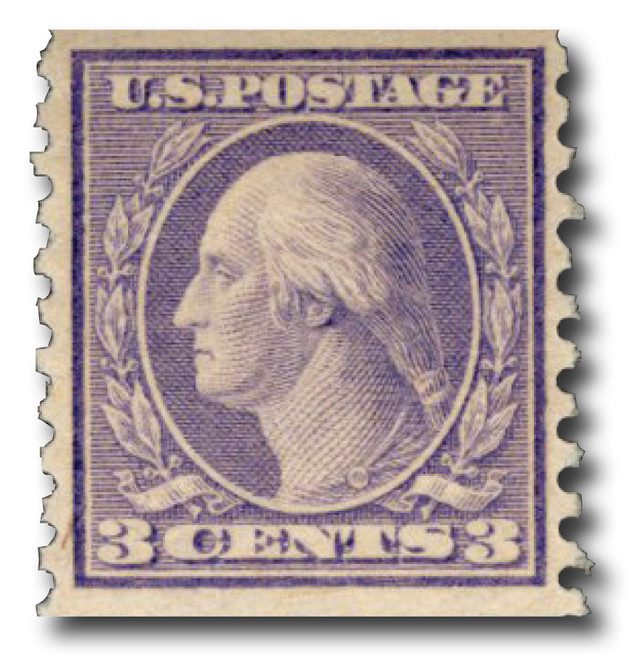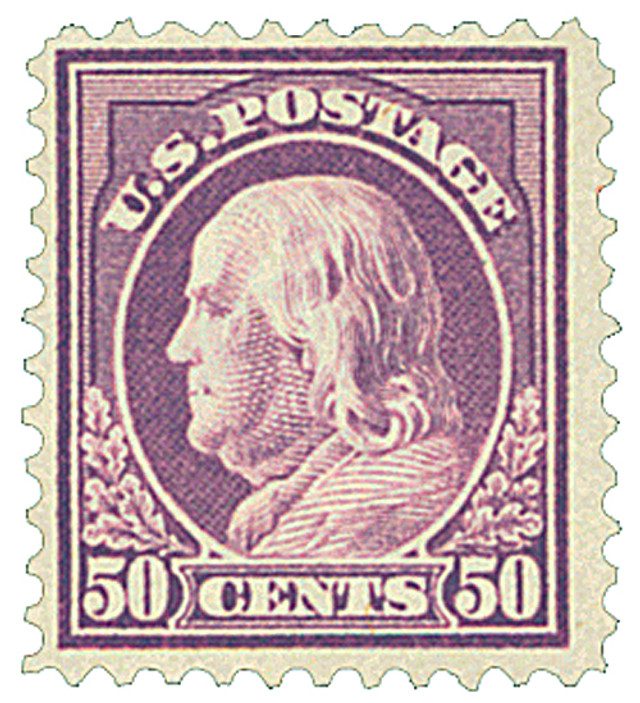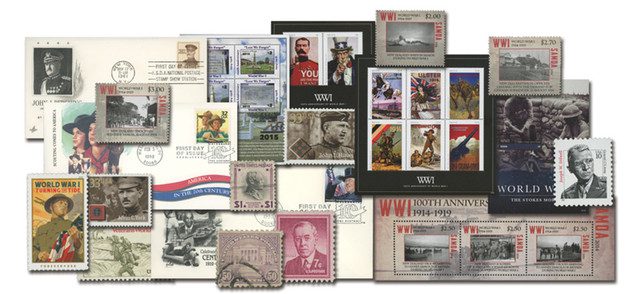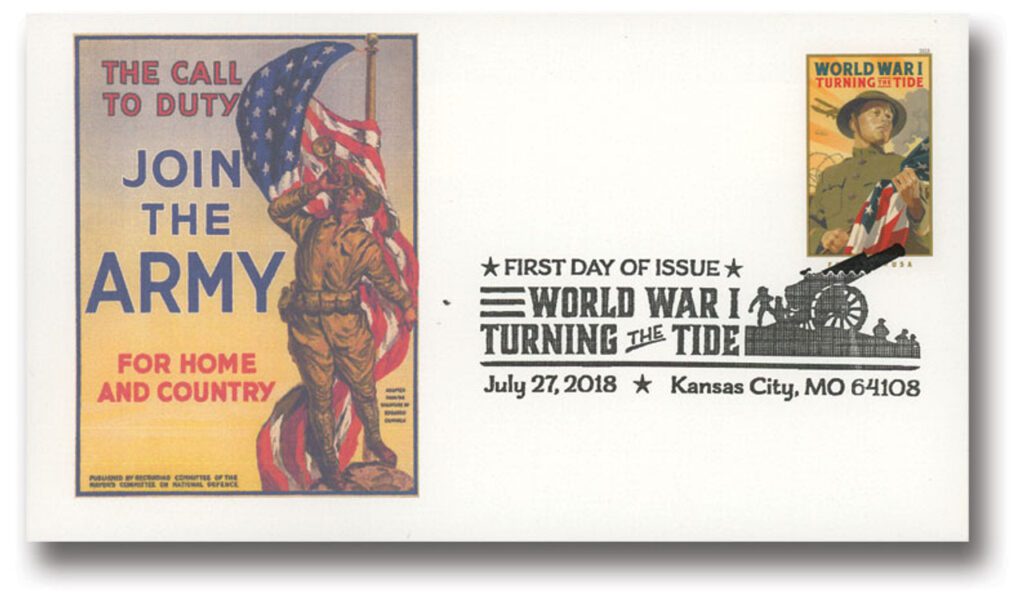
On May 9, 1918, the US War Department created the Military Postal Express Service (MPES) to handle military mail in Europe during World War I. It was the first postal system in the world to be created by an army.

The US postal service delivered most soldiers letters during the Civil War. In fact, they instituted the Soldier’s Letter Program, which allowed soldiers to send their letters without stamps, with payment being collected by the recipient. Because of the large number of soldiers’ letters being sent home, the post office inaugurated free home delivery for cities, which led to the daily home delivery we know today.
The US postal service continued to handle military mail into World War I. Within months of America’s entrance into that conflict, civilian postal workers traveled to Europe to set up a postal service for the American Expeditionary Forces. Back in the US, other postal workers set up the Chelsea Terminal on New York’s Hudson River to serve as the primary sorting station for military mail. Mail heading to Europe was transported across the US via the Railway Mail Service to this terminal for processing before being sent out.
The post office launched several initiatives for military mail. This included free postage for soldiers and the creation of Army Post Office (APO) numbers, to keep troop locations private. They also developed a flexible address system that was able to follow troop movements. During the 11 months they operated, the post office set up 169 post offices, delivered over 35 million letters and 15 million packages to servicemen in Europe, as well as over 15 million letters to families back home.
Despite the success of this undertaking, the post office and military had some issues with their arrangement. Largely, it was the War Department’s hesitance to release troop locations. So on May 9, 1918, the War Department issued General Order No. 72, assuming control of military mail and establishing the Military Postal Express Service (MPES).
The MPES continued to use many of the systems established by the post office, and even hired some of their postal agents and commissioned them as officers. The MPES had both stationary and mobile post offices. The mobile units moved with the troops and the men received mail with their daily rations. When the soldiers moved, the new location wasn’t revealed to the mail distribution centers until the camp was set up.
To prevent military information from being disclosed, the MPES began censoring the mail. Anything pertaining to future operations was crossed out. This included casualties, condition and morale of the troops, and condition of equipment. Though the men at the front understood the need for this precaution, many people in the US didn’t want their letters read by the postal service.
President Wilson was asked to decide whether it was necessary to censor all the mail. His conclusion was, “I think that a time of war must be regarded as wholly exceptional and that it is legitimate to regard things which would in ordinary circumstances be innocent as very dangerous to the public welfare…” So, the censorship continued.
The MPES remained in service well after the war ended, closing its last outpost on January 31, 1924. The military continued to handle its own mail in the wars to come and today provides this service through the US Military Postal Service (MPS).
Click here for more stamps honoring World War I.
| FREE printable This Day in History album pages Download a PDF of today’s article. Get a binder or other supplies to create your This Day in History album. |
Discover what else happened on This Day in History.
Do you know what important transportation milestone helped speed the settlement of the West? Check back tomorrow for the full story!






I really liked this history.